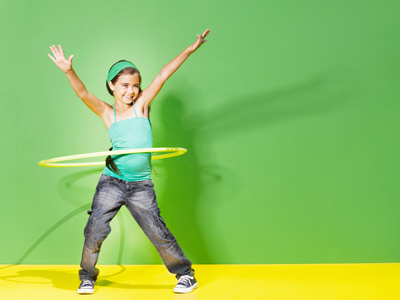
Exercise
This KS2 PSHE quiz will help you understand the importance of taking part in regular exercise as well as explaining the changes that will happen to the body during physical activity and why these changes occur. It will also give examples of ways you can exercise, both with friends and alone.
In order to live a healthy life we need to eat a balanced diet, drink plenty of water, and exercise on a regular basis. Exercise is good for both physical and mental health in many different ways and can be used to reduce and prevent illness, as it ensures the body's systems are working effectively. Exercise can be done in a number of ways, some in groups or teams and some on your own, some require special equipment whereas other activities require nothing. It doesn’t matter what exercise you choose or whether you choose to exercise with others or alone - as long as you are getting active. Some exercise is fast-paced and some is slower, each having different benefits and working different muscle groups. It is best to do a variety of activities to ensure you work your whole body.
Ready for more?
not all...
quizzers. Try to win a coveted spot on our Hall of Fame Page.







